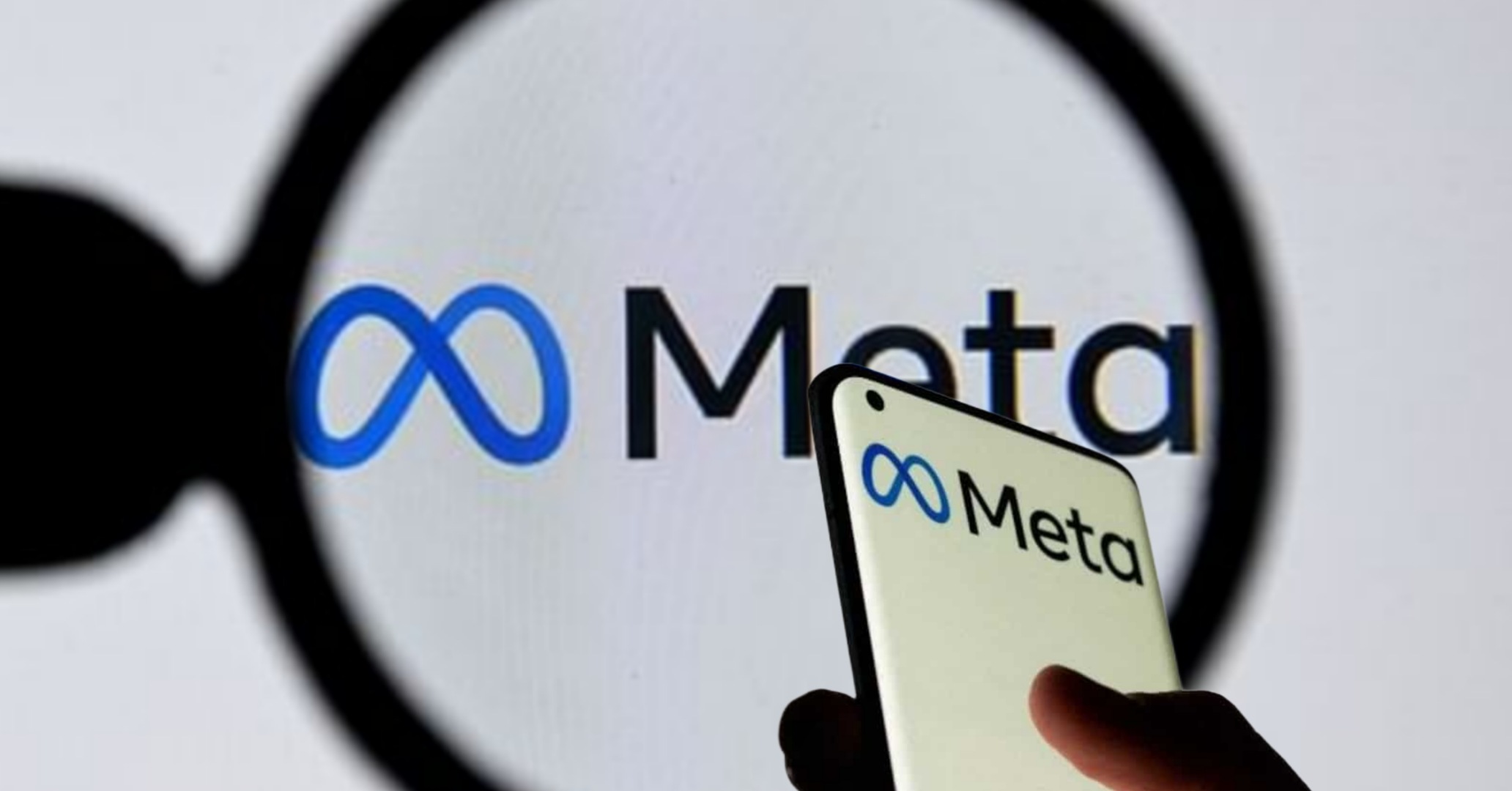
Sandhya Devanathan, head of the social media giant in India, said Meta sees India as a “priority market” with “unlimited” possibilities, supported by macroeconomic growth. scale, digital infrastructure, and the popularity of apps like Facebook, WhatsApp, and Instagram.
In an interview with PTI, Devanathan, who took over as CEO in January this year, said India’s new digital privacy law has provided framework and clarity for tech companies, It also marks a “major milestone in the balance between user protection and innovation”. She stressed that Meta “welcomes constructive regulations” and will wait to see the detailed rules.
Devanathan, VP of Meta in India, also spoke about the company’s determination to fight misinformation on the platform and how it leverages AI (artificial intelligence) to proactively address hateful content. . .
She said, Meta will continue to strive for electoral integrity as India moves towards the Lok Sabha elections next year. India has one of the largest Meta user bases in the world: 400 million Facebook users are already here and that number is growing.
She said the user growth trajectory is solid. Overall, the opportunities offered by the Indian market are “unlimited”, supported by strong macroeconomic fundamentals, digital public infrastructure, and other factors. other.
For Meta, India is also one of the most attractive markets for short videos, both in terms of creating and consuming reels, Devanathan said. “Meta India is innovating for Meta globally” and also has a big incentive for small businesses to use the Meta platform and tools. She points out that a significant number of businesses in India use Meta, using its platform to establish an Internet-first presence as well as to find and communicate with customers.
When asked about Facebook’s loss of appeal to teens and young adults in key markets, signaling a clear shift in preferences, Devanathan said Facebook continues to generate interest and levels of interest. Suitable for users of all ages.
Devanathan said she disagrees with Facebook’s perception of the slow decline of young audiences.
“India is the company’s priority market. As a result, India has one of our largest user bases, be it on Facebook, Instagram or WhatsApp. But India is also where we test most of what we deploy globally. It’s also where we develop many of our innovative products, and that investment will continue,” she said.
Devanathan said she disagrees with Facebook’s perception of the slow decline of young audiences.
“India is the company’s priority market. As a result, India has one of our largest user bases, be it on Facebook, Instagram or WhatsApp. But India is also where we test most of what we deploy globally. It’s also where we develop many of our innovative products, and that investment will continue,” she said.
She noted that India’s vision of a trillion dollar (nearly Rs. 83,01,150 crore) digital economy by 2030 is a remarkably favorable opportunity for opportunity.
“And that number means tech companies will benefit from the growing economy’s headwinds. Likewise, you are seeing close to a billion people on the Internet in the not-too-distant future, of which 400 million are expected to shop.” online. . … also look at the amount of video consumption… So this huge margin is not just for Meta but for a lot of other companies,” she said.
In addition, the ratio of advertising dollars to GDP is one of the lowest in India compared to other markets. The figure in the United States is about 1.9% and in India it is less than 0.5%. Meta considers India a “big priority market” for innovation, user engagement and business growth.
Devanathan said Facebook, WhatsApp and Instagram cater to a wide range of users.
“Facebook really has a very active community that thrives. So I’m going to debunk any myths…about the numbers on Facebook…we just announced a few months ago that our business is daily. Facebook’s day is growing and has just ‘reached 2 billion and that’s a lot of daily activity that we reported on,’ she said. People use Facebook to meet and connect with friends, family, and community, and that basic attraction “has not changed.”
“When you look at 2 billion… it’s general. Facebook is a thriving platform globally,” she said, noting that Facebook’s slow decline didn’t happen.
On the emerging new regulatory framework in India – the Digital Personal Data Protection Act (DPDP), prominent digital Indian laws and existing social media rules – she said Meta welcome “constructive” regulations.
“What the DPDP has done is it provides a framework in which tech companies can operate and brings clarity. We are waiting for the rules to be written down. But I can say it’s a huge step forward in balancing user protection and innovation…because that’s what will drive Indian technology, so we welcome regulations that bring constructive and see where we go from now on,” she said.
India is one of the biggest markets for social media companies like Meta, Google and X (formerly Twitter), with booming smartphone sales and the availability of super data. promote the development of digital platforms.
That said, in recent years, social media companies have come under fire around the world and in India for concerns about user harm and the spread of misinformation, hate speech and fake news on their platforms. The growing dissatisfaction of a segment of users believes that digital platforms have engaged in arbitrary behavior by removing content or not responding to complaints quickly enough, even when users have report them. India has tightened regulations on social media companies, increasing their accountability to users. In fact, the government has repeatedly emphasized that confidentiality and trust are the goals and missions of public policy and that the government will do everything in its power to ensure that appropriate safeguards are in place. suitable for digital citizens to browse the web online and on social networks.
